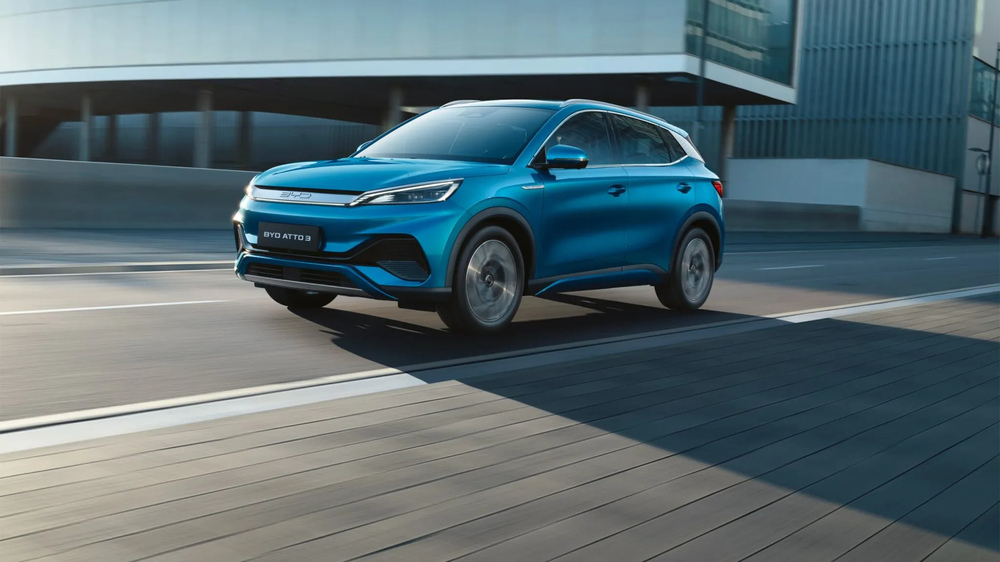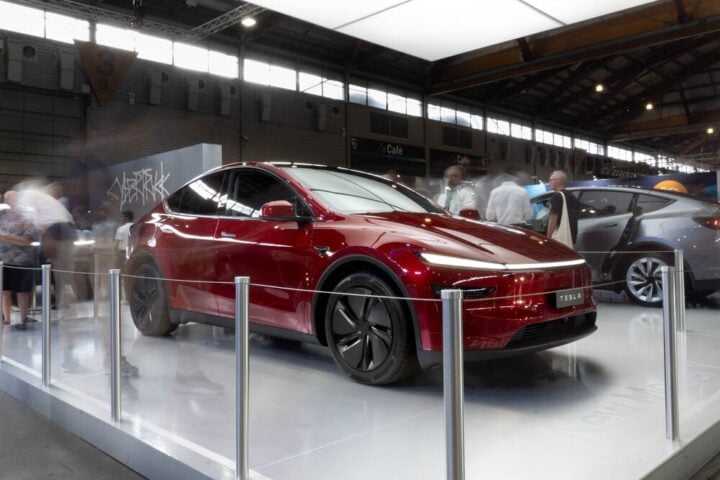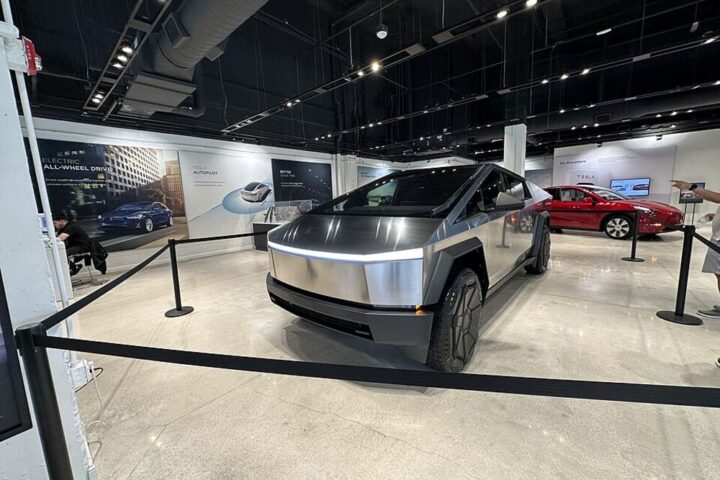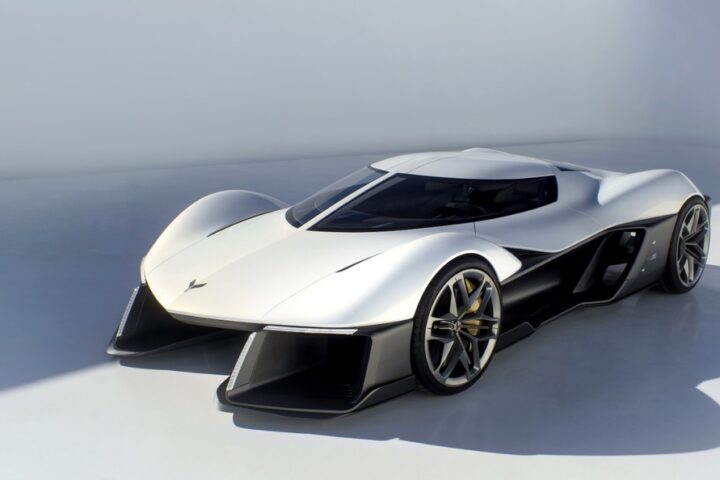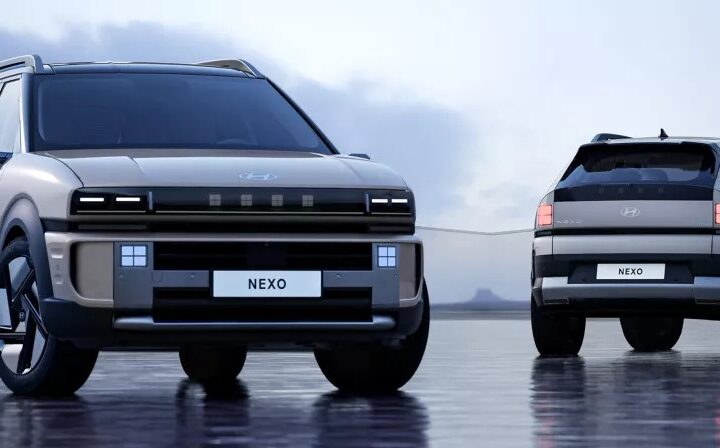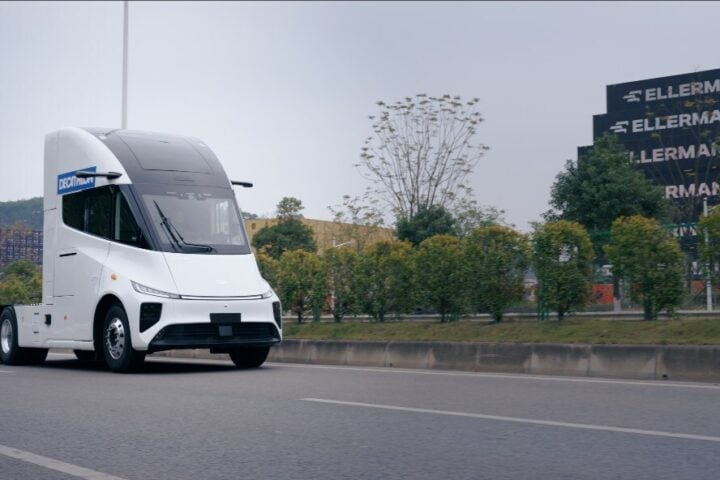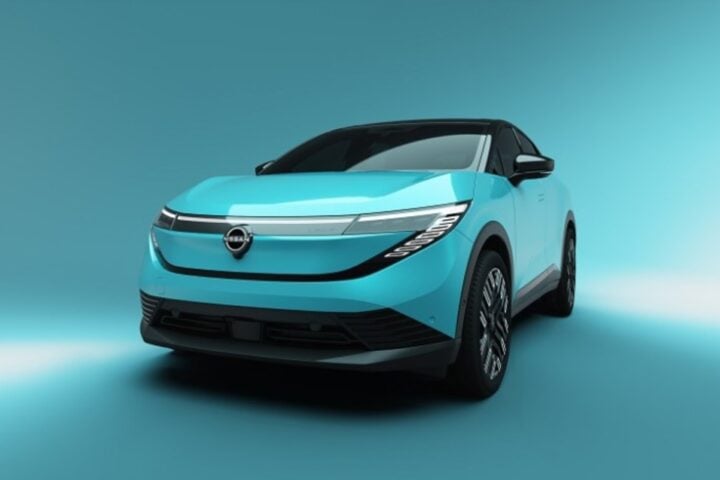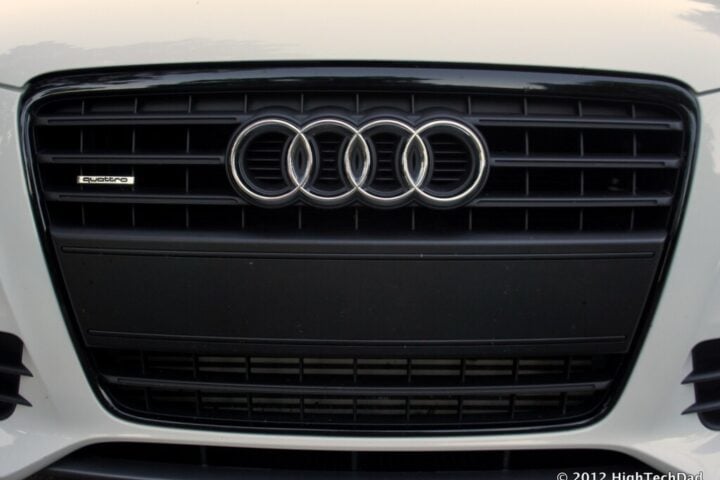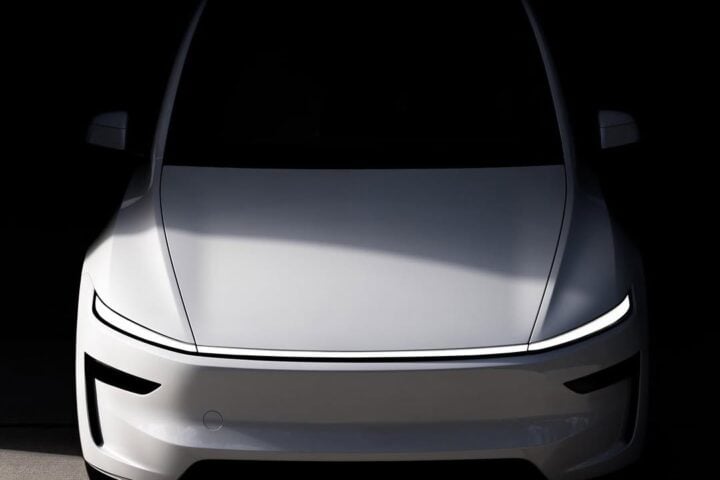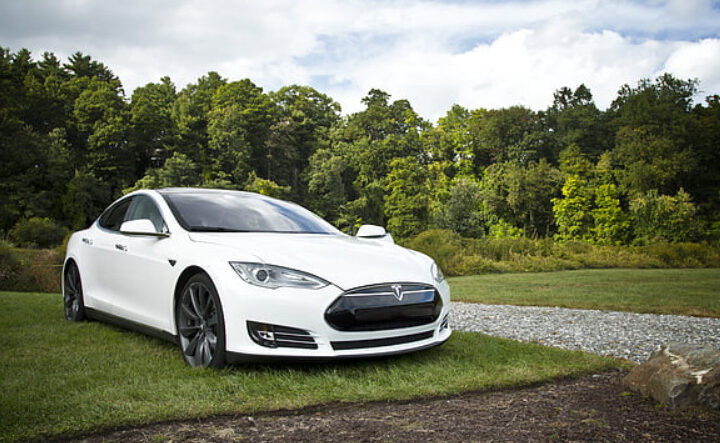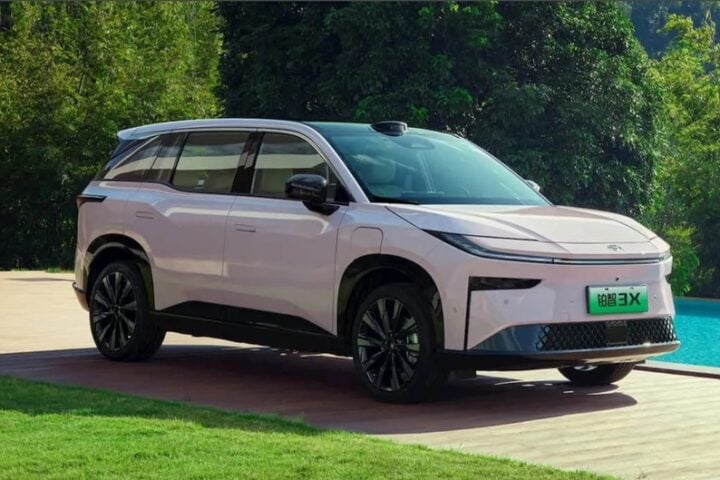Electric cars have evolved from niche, eco-conscious choices to mainstream market contenders. This shift is driven by growing concerns about climate change and finite fossil fuels, leading to an increased adoption of EVs as sustainable alternatives.
Kia Niro: Electric Versatility
The Kia Niro exemplifies this shift. Available in hybrid, plug-in hybrid, and fully electric models, the Niro offers style, performance, and environmental friendliness. Its electric variant stands out for its impressive range, catering to various consumer needs.
BYD Atto 3: Efficiency and Design
BYD Atto 3, is encapsulating the “Build Your Dreams” ethos, offers advanced battery technology and impressive range. It’s more than an EV; it’s a statement of future transportation, combining sleek design with cutting-edge tech.
Charging Infrastructure: Key to Adoption
The growth of EVs hinges on charging infrastructure development. The increasing need for accessible, efficient charging stations is acknowledged by governments and businesses, focusing on strategic placement and fast charging capabilities.
Challenges on the Road Ahead
Despite the excitement, challenges like high costs, limited charging infrastructure in some areas, and battery disposal concerns persist. Overcoming these will be crucial for sustainable driving to become the norm.
Similar Posts
Global Movement Towards Sustainable Driving
The shift to EVs is a global movement, supported by government incentives and international initiatives. This not only reduces emissions but also impacts industries like energy and manufacturing, linking sustainability with economic growth.
Future Innovations in Electric Cars
The future of EVs is marked by advances in battery technology, AI, and autonomous driving, potentially transforming the driving experience and integrating vehicles into a connected, eco-conscious society.
Embracing a Sustainable Mobility
Electric cars like the Kia Niro and BYD Atto 3 symbolize our commitment to a sustainable mobility. Supporting EVs and charging infrastructures, we move towards a world where driving aligns with environmental responsibility.
Interesting Facts:
- Rapid Market Growth: Electric car sales made up 5.6% of all new vehicles sold in the U.S. in 2022, with 816,154 PHEVs and BEVs sold. This marked a significant increase, as new EV registrations hit 604,638, more than 60% higher than the previous year.
- Battery Advancements: Formula E is at the forefront of battery innovation, developing a battery for its 3rd gen vehicle that offers 600kW of power. Additionally, new car models in 2023 are expected to have a range of 350-500 miles on a single charge.
- Cost-Effectiveness of EVs: Despite rising energy prices, running an EV remains significantly cheaper than internal combustion engine vehicles. This economic advantage, combined with expected increases in fossil fuel costs, is making EVs increasingly desirable.
- Charging Infrastructure Expansion: In the UK, there’s a push to expand charging infrastructure, with a government pledge to invest £20 million for EV charging infrastructure. This includes more charging stations and subsidies for on-street and home-charging stations.
- AI in EV Maintenance: Artificial Intelligence (AI) is expected to play a significant role in EV diagnostics, offering real-time, full-spectrum assessments of vehicle health. This technology can lead to more efficient maintenance and potentially power parametric insurance policies.
- Smart Grid Technologies: Efforts to make the grid greener and more efficient are underway. Smart tariffs encourage charging during off-peak times, and vehicle-to-home technologies allow the use of EV batteries to power homes during peak times, alleviating pressure on the grid.
- Demographics of EV Buyers: Over a quarter of EV buyers are aged 35-49, and 40% are aged 18-34. Interestingly, 68% of EV buyers are men, and 44% of EV-interested consumers identify as Democrats, with 35% identifying as Hispanic, Black, Asian, or another race.
- Global Sales Projections: The International Energy Agency (IEA) expects EVs to account for more than 25% of global light-vehicle sales by 2030 under current policies, and over 45% under sustained development scenarios.
- Technology Demand: Electric vehicles require significantly more semiconductor chips than conventional cars. For instance, the Ford Focus uses about 300 chips, while the electric Mach-e uses nearly 3,000. This highlights the complexity and technological advancement of EVs.
